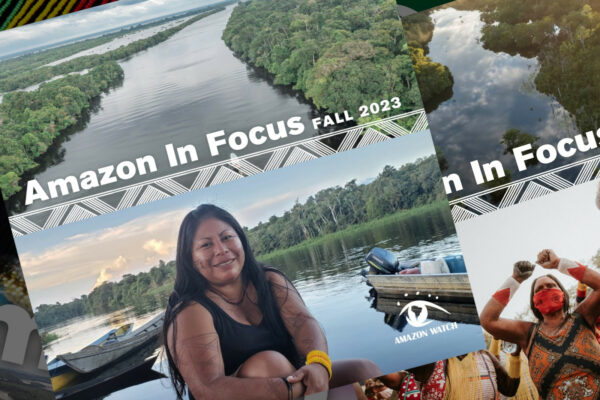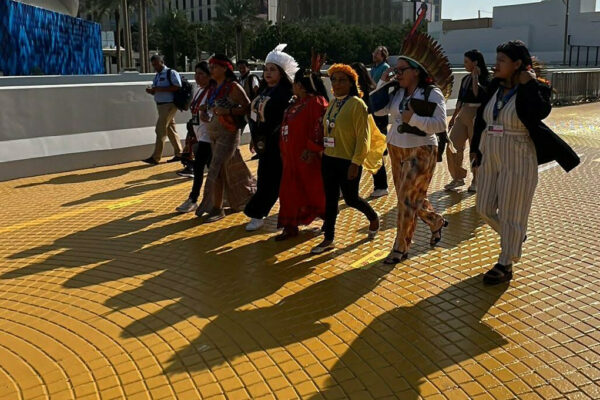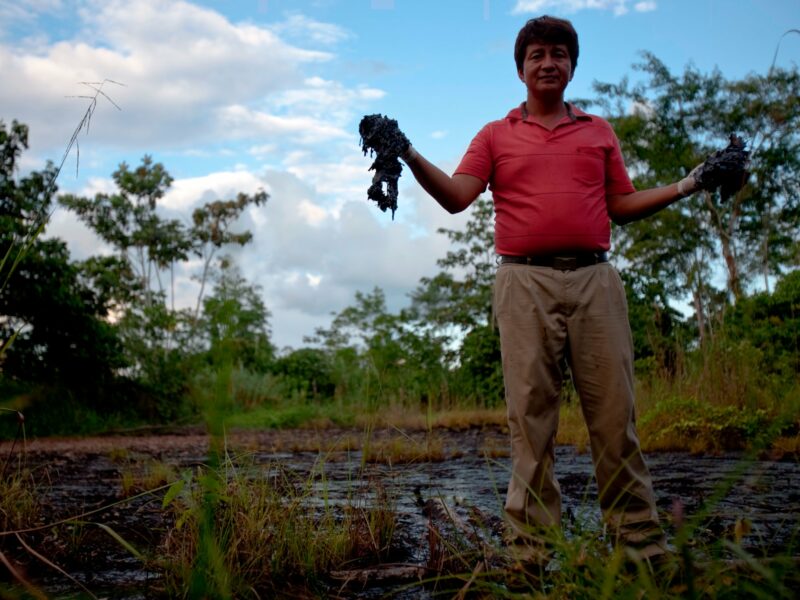Chevron Corp. of San Ramon is drawing harsh criticism for its business ties to Burma, the Asian nation conducting a brutal military crackdown.
The company owns part of a natural gas project in Burma, where soldiers crushed pro-democracy protests last week and killed at least 10 people.
U.S. sanctions prevent most U.S. companies from working in Burma, but Chevron’s investment there existed before the sanctions were imposed and continues under a grandfather clause. As a result, the company is one of the few large Western companies left in the country.
Now Chevron faces pressure to pull out.
Human rights activists are calling on the company to either leave Burma or persuade the country’s military rulers to stop killing demonstrators. Bloggers are encouraging people to flood Chevron’s phone and fax lines in protest. Some are calling for a boycott.
“There’s no question that the money from the pipeline project helps prop up the military government,” said Marco Simons, U.S. legal director for EarthRights International. “If Chevron can stop people from getting killed by using its influence, we’d certainly like to see that. In the long run, we don’t think anyone should be doing business with this government.”
But Chevron doesn’t intend to leave.
“Chevron is maintaining its interest in the … project,” said spokesman Alex Yelland.
The company has been trying to build up its portfolio of oil and natural gas projects in Asia, where energy demand is growing fast. Chevron also has a history of working under difficult political circumstances. In some cases, that history involved countries with questionable human rights records or nations that ran afoul of the U.S. government. In other cases, the company’s own actions have been called into question.
Chevron has been the focus of repeated protests in Nigeria, for example, where soldiers paid by the company have been accused of shooting villagers and burning homes. And the company continues to work in Venezuela, despite constant sniping between Venezuelan President Hugo Chavez and the Bush administration.
Chevron has denied any part in any human rights abuses. Its executives argue that staying in troubled countries – even pariahs such as Burma – does more good than harm by employing locals and funding health and education programs.
“I’m convinced that hundreds of thousands of people in Burma have benefited,” said Chevron Vice Chairman Peter Robertson, who pointed to the community doctors and teachers his company has paid for. “They benefit from us being there.”
There’s also the question of whether pulling out would work.
Chevron owns a minority stake in the Yadana natural gas field and pipeline, a little more than 28 percent. Both China and India have been eager to do business with Burma, hoping to secure some of the fuel supplies that their surging economies need. If Chevron left, one country or another would try to take its place, Robertson said.
“It’s pretty clear that this is a very attractive asset, and other people would be interested,” he said.
Frank Verrastro, head of the energy program at the Center for Strategic & International Studies think tank, said Burmese law also would force Chevron to fork over much of the company’s capital gains on the project if it sold its stake. That could amount to hundreds of millions of dollars, depending on the sale price. The project cost roughly $1 billion to build in the mid-1990s and is doubtless worth far more today.
“That goes straight to the Burmese government,” Verrastro said. “The biggest conundrum right now is how to deal with bad actors who have a resource that the world needs. And we haven’t come to grips with that in any way, shape or form.”
Chevron’s involvement in Burma – called Myanmar by the military junta that rules it – already has a complicated and controversial history.
It started with Unocal Corp., one of Chevron’s historic rivals. Unocal invested in the Yadana project in the 1990s along with three other companies: France’s Total, Myanmar Oil and Gas Enterprise and the Petroleum Authority of Thailand. When Washington decided to impose sanctions on Burma’s military junta in 1997, Unocal was allowed to stay under a grandfather clause.
Chevron acquired the stake when it bought Unocal in 2005. By then, however, the Yadana project had become a public relations disaster for Unocal. Burmese exiles sued the company in a U.S. court, saying the pipeline’s construction had involved forced labor and other human rights abuses committed by the military. Unocal denied the accusations but settled the case out of court for an undisclosed sum.
Burma isn’t the only place where Chevron has faced questions about human rights.
The company’s operations in Nigeria have triggered frequent protests by poor Nigerians who say they see little of the money flowing from the nation’s rich oil fields. Some have sued Chevron, saying that soldiers paid by the company have killed protesters and villagers.
And in Ecuador, Chevron is fighting a long-running lawsuit concerning oil-field pollution that residents say has contributed to a wave of illnesses in part of the Amazon jungle. The suit alleges that Texaco, which operated an oil-field in Ecuador years before Chevron bought the company, left pools of petroleum and hazardous chemicals scattered around the field, eventually covering them with thin layers of soil rather than removing them.
In both countries, Chevron has denied the allegations, both inside and outside court.
In Burma, Chevron acts mainly as an investor. The company does not operate the Yadana field. That role falls to Total, which has the biggest stake in the project, at 31 percent.
Despite its strategic location for Chevron, Yadana has its limits. The U.S. sanctions prevent Chevron from expanding its investment, even as the company pours money into exploring for oil and natural gas off neighboring Thailand. And the existing operations are small compared to many of the company’s projects worldwide.
Even so, Yadana represents a key source of cash for Burma’s government.
Human Rights Watch, one of the groups trying to pressure Chevron, says natural gas sales are the government’s single largest source of income, although economic data from Burma are unreliable. Gas sales to Thailand brought the government $2.16 billion in 2006, according to Human Rights Watch. Most of the Yadana project’s gas flows to Thailand.
“President Bush should order Chevron to cease operations in Burma immediately,” said Nyunt Than, president of the Burmese American Democratic Alliance. “That would cut hundreds of millions of dollars from this military. It would create great pressure on them to come to the table.”
A White House spokesman referred questions about Chevron’s presence in Burma to the National Security Council, which did not respond to a query.
Chevron pays for social programs in communities along the Yadana pipeline’s route, funding teachers, libraries and doctors. The company reports significant declines in local deaths from malaria and tuberculosis since the programs began.
But exerting political pressure on Burma’s government is another question entirely. Chevron has typically resisted calls for that kind of involvement.
Chief Executive Officer David O’Reilly defended that position in a Chronicle interview last year.
“You have to be apolitical and try to remember what you’re doing. What we do well is we invest in oil and gas exploration, refining and whatnot,” he said. “We were in Angola during years and years of civil war and years when there were clearly people in the United States who felt that Angola was an inappropriate place to invest. And yet Angola’s civil war is over. We’ve had a very positive influence there. We’ve created a lot of jobs.”
To learn more
– For a quick overview of Burma, its people, economy and recent history, go to the World Factbook from the Central Intelligence Agency: www.cia.gov/library/publications/the-world-factbook/geos/bm.html
– Chevron Corp. has a brief statement on Burma on the company’s Web site. Read it here: www.chevron.com/news/press/Release/?id=2007-10-02
– Want to call Chevron? The main number for the company’s San Ramon headquarters is (925) 842-1000.
– The French oil company Total operates the Burma natural gas project that includes Chevron as a minority investor. For Total’s take on the project, look here: burma.total.com/en/gazier/p_2_2.htm













